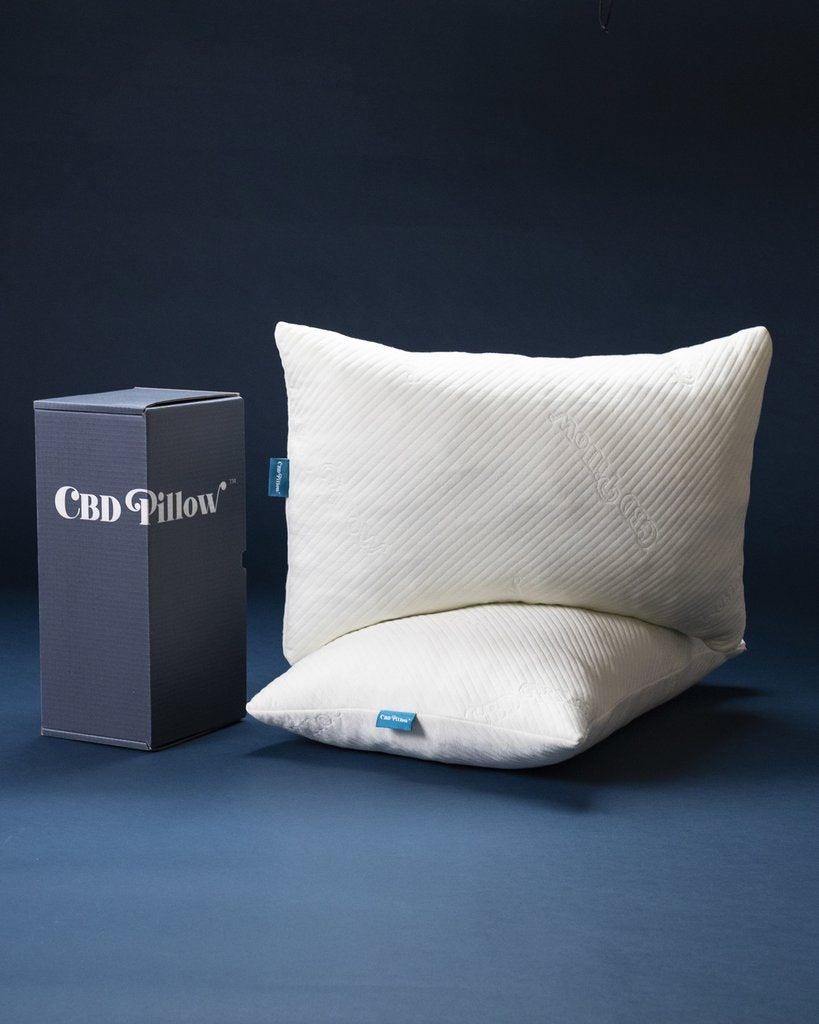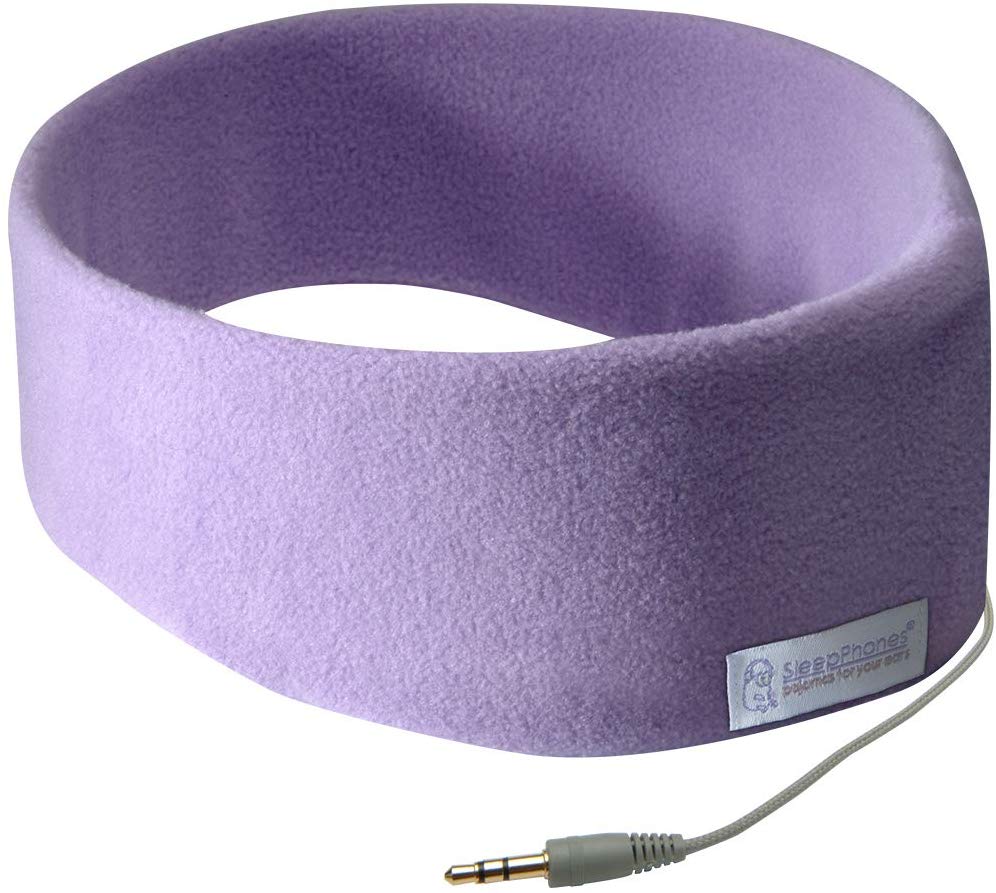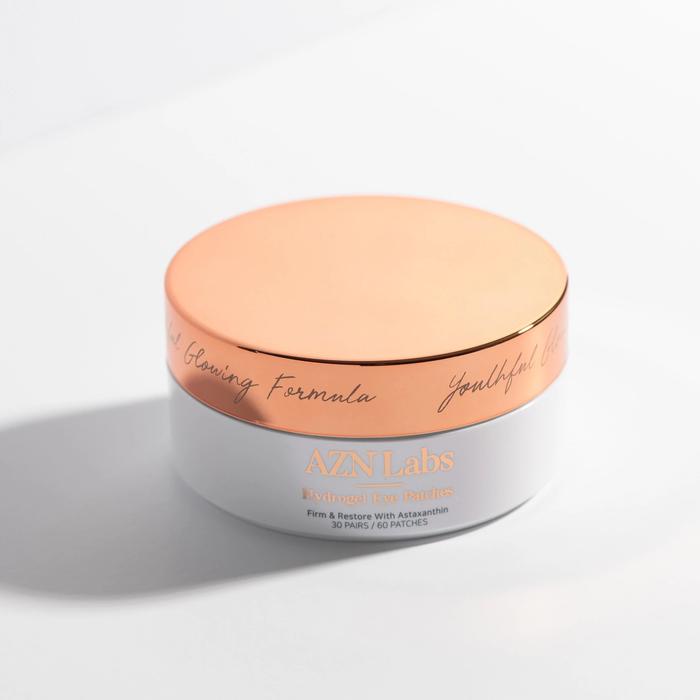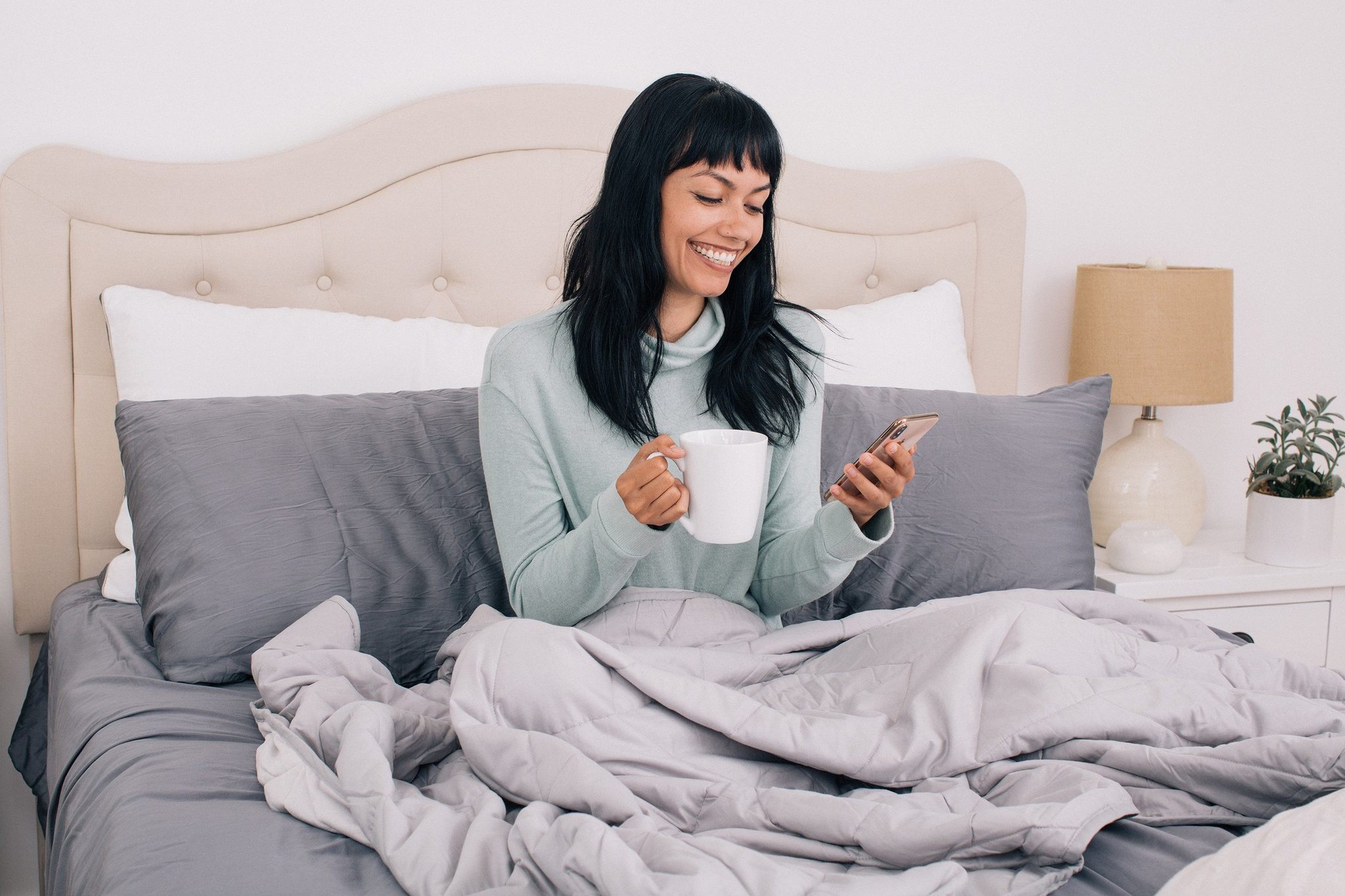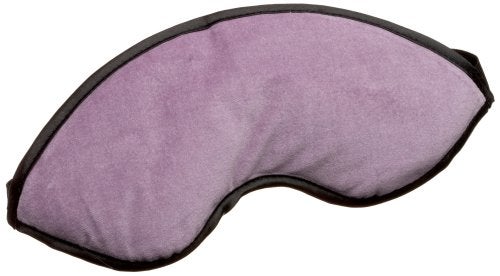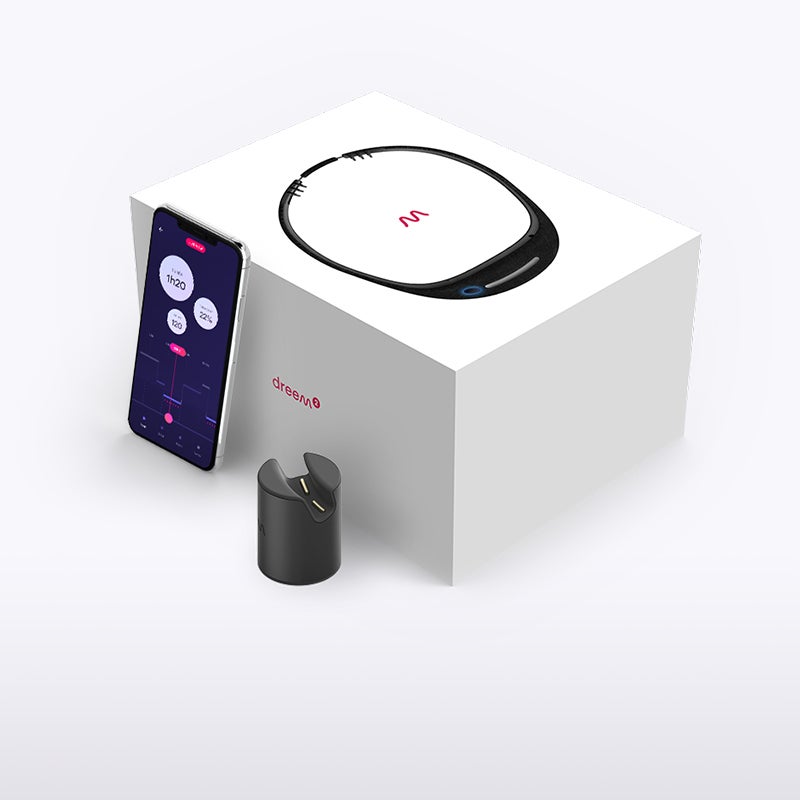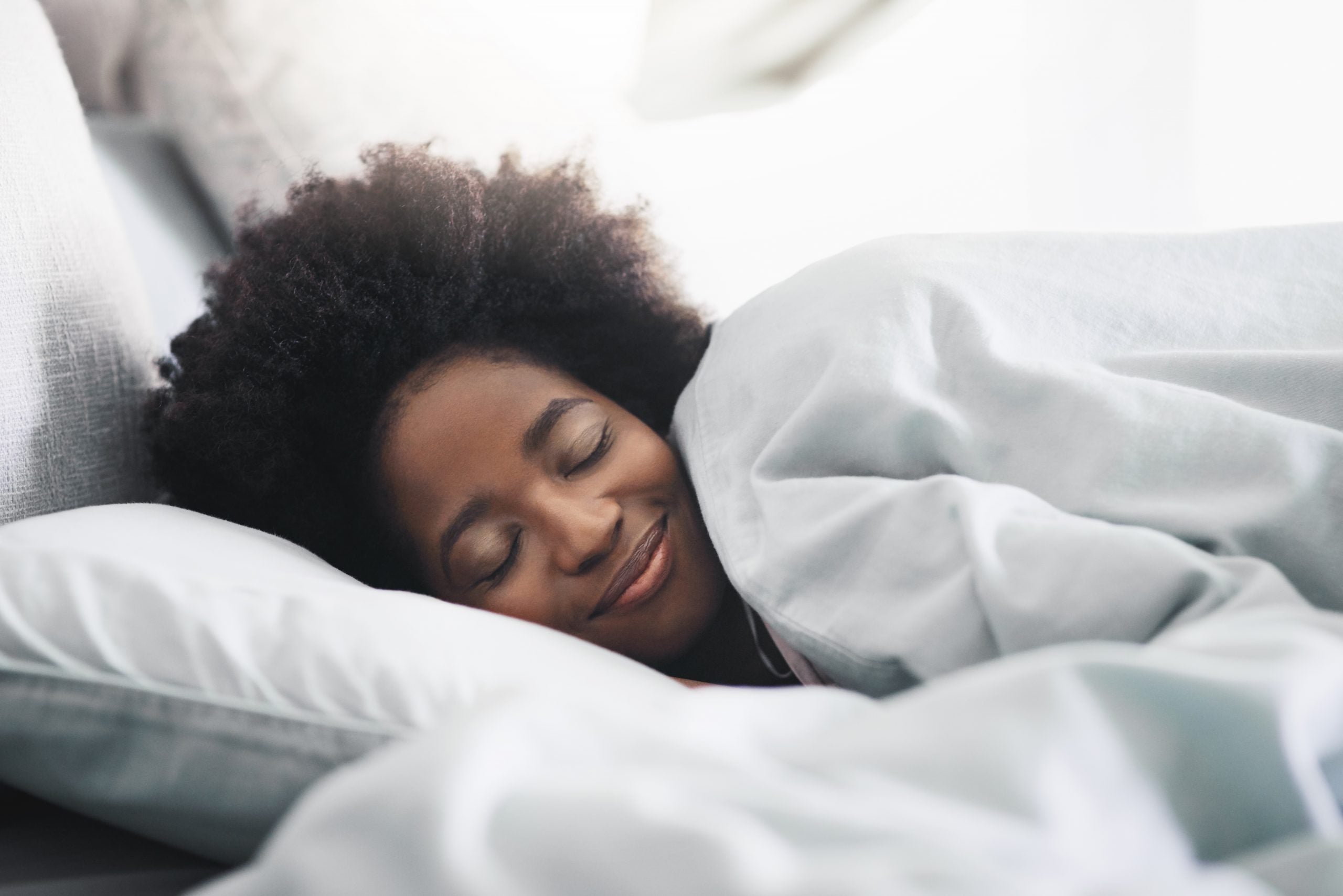
We get it. A lot of people are worried about staying healthy and safe during the coronavirus pandemic, and rightfully so. Stress not only weakens and fatigues the body, but it can also keep us up at late at night with troublesome thoughts about the days and weeks ahead.
According to The Centers for Disease Control and Prevention (CDC), a whopping 35 percent of adults in America don’t get the recommended seven hours of sleep a night. And it’s not just the millennials staying up all night. Forty percent of adults ages 40 to 59 are said to get less than seven hours of sleep. When we sleep, our mind and body are restoring themselves and when this process is interrupted too often, it can lead to a person making more mistakes at work or behind the wheel.
It’s National Sleep Awareness Week, and the perfect time to take a moment to focus on setting yourself up for success in bed. (Seriously, stop right now and ask yourself, when was the last time you got a good night’s sleep?) With so many products on the market promising to help lure you to sleep, we thought you might need a little help narrowing down which ones might work best for you. Here are some sleeping-aid products fans of a good night’s rest rave about—us included. See which one fits your sleeping needs best and give it a try.
